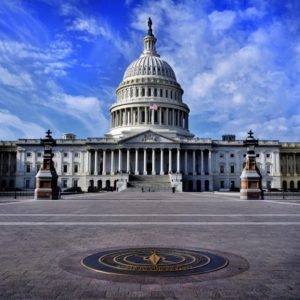Last week, President Trump signed legislation containing sweeping changes to the ways Americans will save and plan for retirement. The SECURE Act (Setting Every Community up for Retirement Enhancement Act) puts several provisions in place to strengthen retirement savings strategies.
Key Components that Affect Retirement Savings
Required Minimum Distributions (RMDs) start at age 72 (prior law: age 70½).
Anyone reaching age 70 ½ in 2019 will still fall under prior RMD rules and will need to complete distributions by the end of 2019 and continue that distribution in the following years. Individuals attaining the age of 70 ½ in 2020 will now delay RMDs until age 72 under the new law.
“Stretch” IRAs have been eliminated.
Prior law provided non-spouse IRA beneficiaries with the ability to stretch RMDs from inherited accounts over their lifetime. Under the terms of the SECURE Act, all funds from an inherited IRA will be distributed to non-spouse beneficiaries within 10 years of the owner’s death. These distributions do not need to be completed equally each year and a lump-sum distribution is permitted at any time within the 10 year period. This change has many potential tax and estate planning implications and SYM will continue to evaluate potential opportunities and pitfalls. Spousal beneficiary rules are not impacted; spouses may continue to stretch distributions of the IRA over their lifetime.
No Age Restrictions on IRA Contributions (prior law: traditional IRA contributions prohibited for those age 70½ and older).
While most clients do not contribute to IRAs at this age, the new law does allow for this potential tax-advantaged savings opportunity if you have earned income after age 70 ½.
While the many additional features of the SECURE Act should be beneficial for workers, the impact of most of them for our clients will be minimal. Overall, you can expect the SECURE Act to encourage retirement savings and expand the options available in company-sponsored retirement accounts (401(k)s).
As always, if you would like to discuss any of these topics, please contact your SYM advisor.



